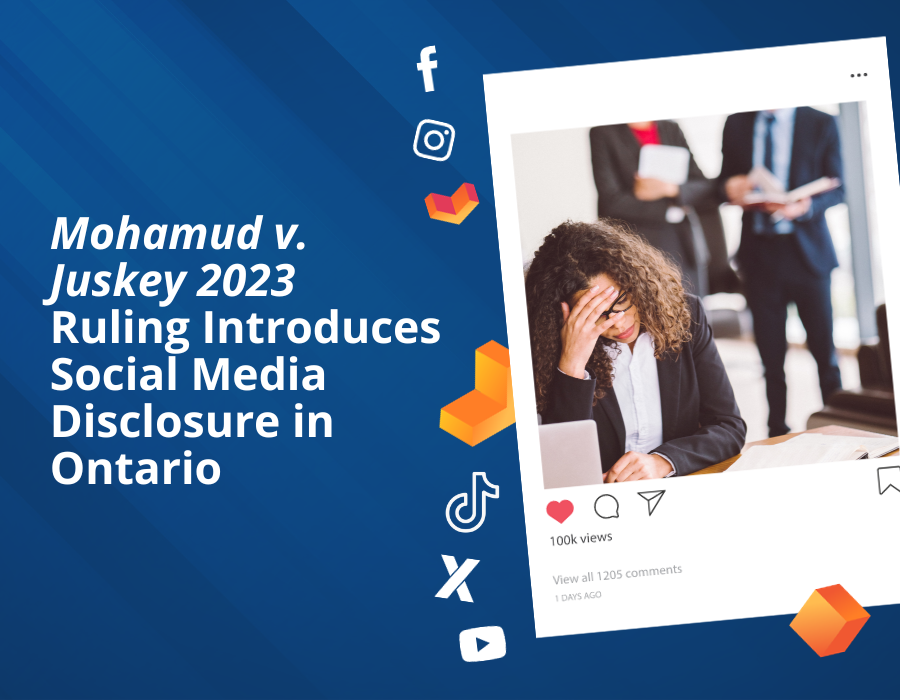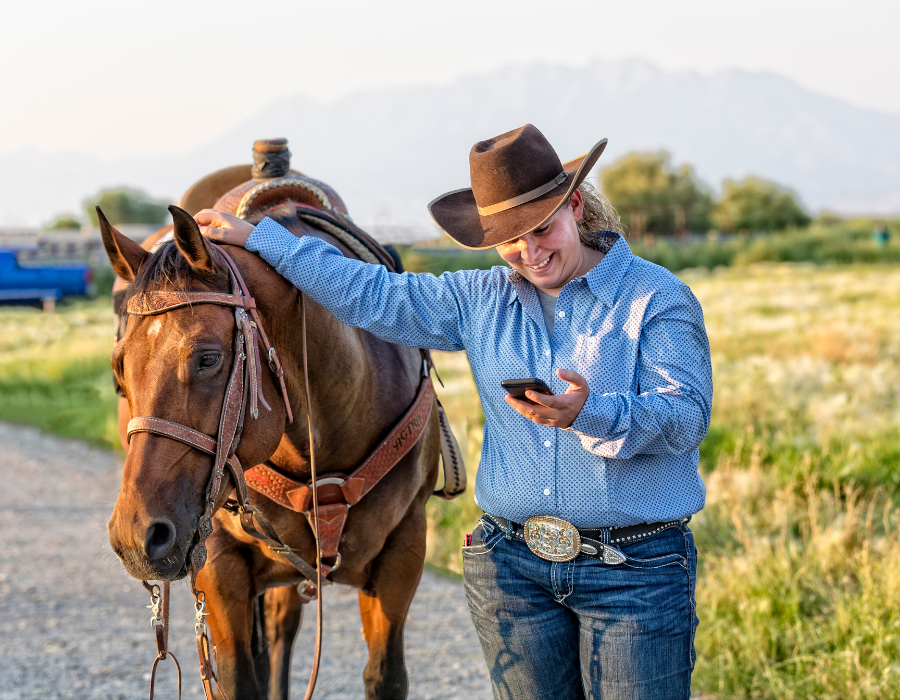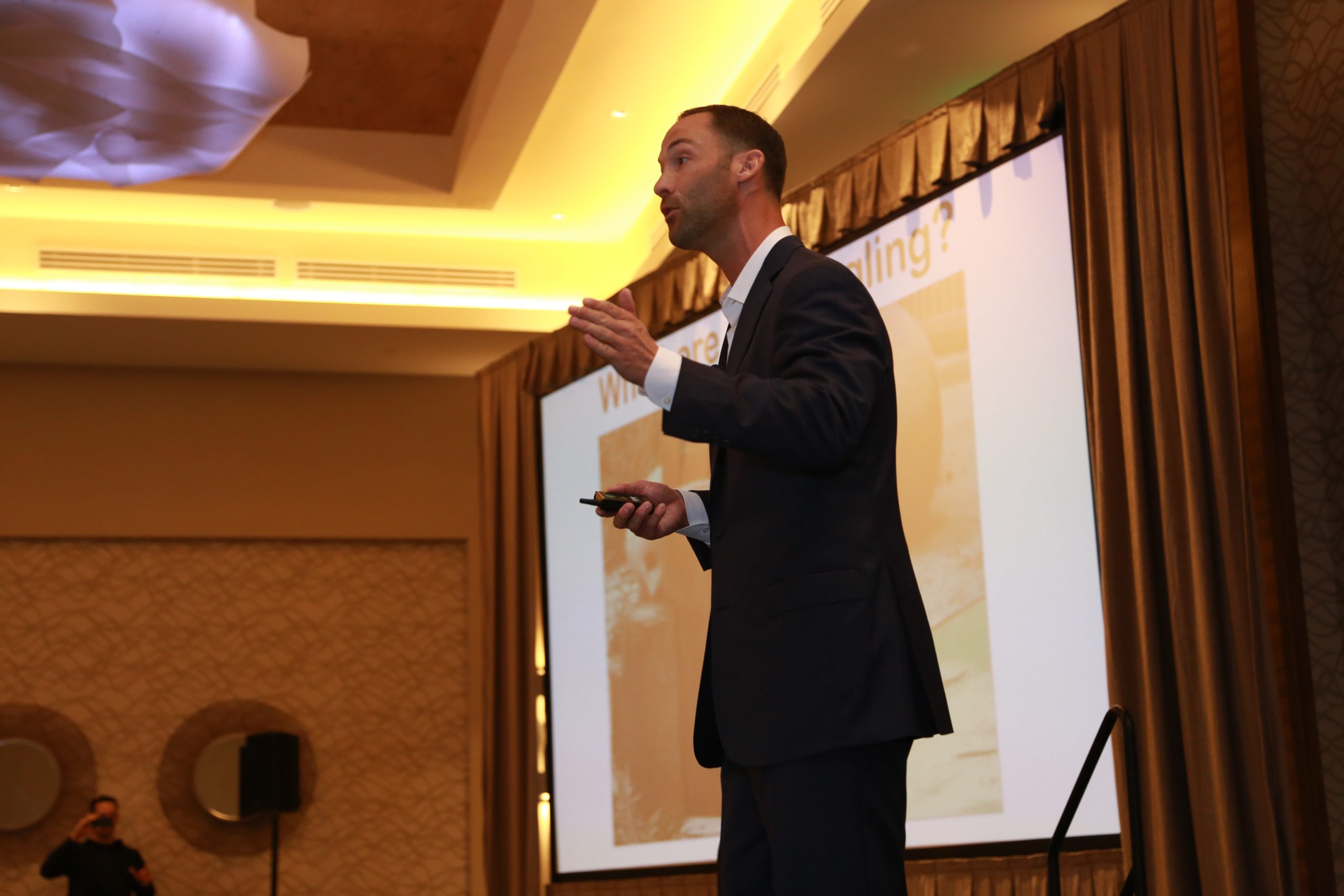Case Name: Loaiza v. City of Buena Park
Citation: 2022 Cal. Super. LEXIS 29737 (Cal. Super. Ct. Apr. 27, 2022)
Judge: Honorable David A. Hoffer
County: Orange County, California
Facts
In a federal case heard in California, the plaintiff filed suit against his long-term disability insurance provider after his claim for benefits was denied. The plaintiff, diagnosed with Parkinson’s disease, alleged he was unable to perform daily living activities. The defendant filed a social media production request seeking access to the plaintiff’s posts, arguing they could demonstrate functional abilities inconsistent with his claim. The plaintiff objected, stating the request was overbroad and burdensome.
Ruling
The court granted the request in part, adopting a compromise between the parties. It permitted the defendant to select any three-year period of social media evidence to be produced. If that sample yielded a reasonable volume of relevant records, further production could follow. The judge noted that social media posts may offer contemporaneous, objective evidence of the plaintiff’s condition relevant to determining whether the plaintiff’s disability claim was substantiated.
Key Takeaways
- In California, federal courts may permit targeted production of social media evidence in disability and insurance litigation.
- Requests are more likely to succeed when narrowly tailored to show inconsistencies in the plaintiff’s reported condition.
- Courts recognize social media as a potential source of objective insight into plaintiffs’ daily activities.
Final Thoughts
This California federal ruling illustrates a growing trend: courts are using sampling frameworks to manage social media production requests. For plaintiff attorneys, this means objections based solely on burden or overbreadth may not hold if the court deems the information highly relevant. Early identification of potentially conflicting posts is critical. Using services like Private Footprint means legal teams can review and produce content efficiently and proactively, saving time and minimizing courtroom risk.
Private Footprint Keeps You in the Know
Your clients’ social media activity may be a goldmine or a minefield, but accessing this content, organizing it chronologically, and producing it in a usable format is exceptionally burdensome on legal team. Private Footprint was developed by Personal Injury attorneys to help plaintiff-only law firms avoid the Discovery/Deposition Surprise and gain clear visibility into their clients’ social media activity to protect and increase the value of their files. We’re also enabling paralegals and legal assistants to produce client social media reports in minutes, not hours. All this for only $100 per client (plus taxes), invoiced as individual receipts itemized for ease of tracking disbursements. No hidden fees, no subscriptions, no surprises.
Request a Demo to learn more about Private Footprint and how you can start protecting the value of your files.













































